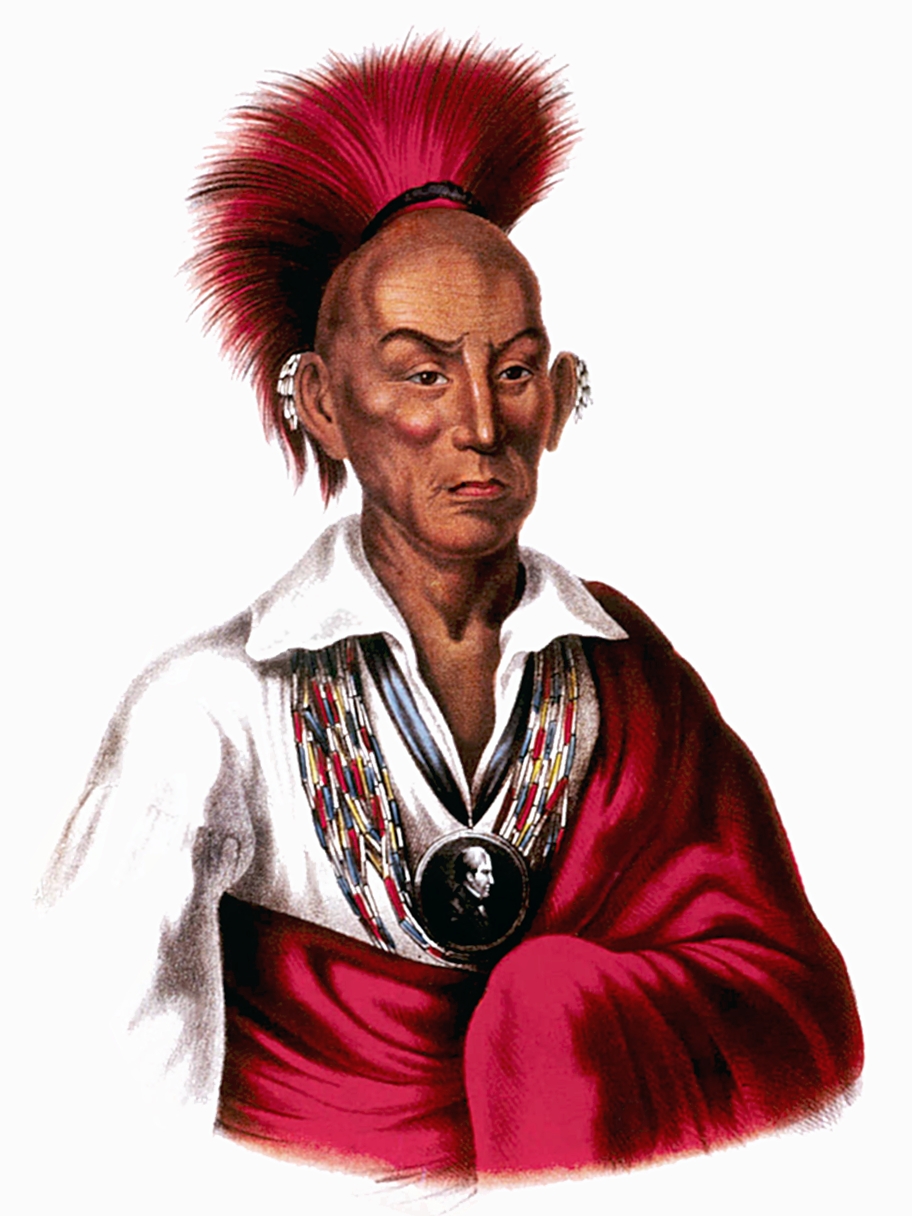After the suppression of the Slaver Uprising and the dissolution of the Confederation of Southern America, there was a minor diaspora from the British South and the Texan lands. Some of the slaveocrats who had borne arms against the Crown could not abide in the land of their failure, surrounded by the blacks they had sought to keep slaves. A few who saw the end coming had managed to move them and some of their slave chattel to Portuguese Maranhao. More who lost everything in defeat were more likely to simply move north to the USA. Also liable to head north were those who had cared less about slavery and more about freedom from overseas rule. These southern immigrants often gravitated to the Democratic party which still had anti-British tendencies. The west, both of the United States and of the British South (which now included Texas, New Mexico, and California), also held some attraction for those trying to start a new life after their failure in the revolt.
Ironically, some freedmen in the British South would also head west to try to build a new life, and former slaver and slave would sometimes find themselves standing shoulder to shoulder fighting against hostile Indians in the region. However, there would be other venues for blacks seeking a new life than the British west.
